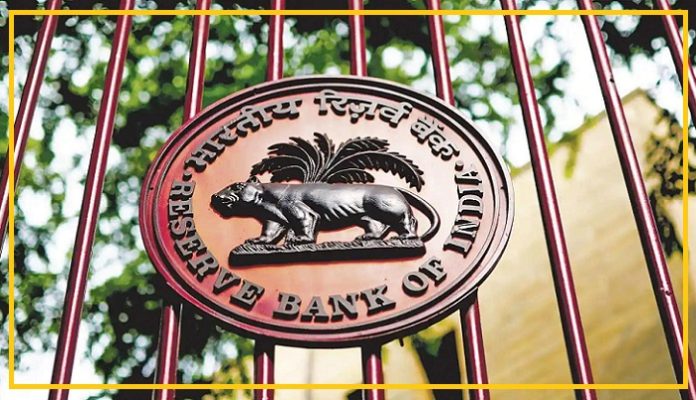The Reserve Bank of India (RBI) has recently imposed penalties on several prominent banks in the country for violations of regulations.
Among the banks facing fines is Axis Bank, which has been subjected to strict action by the central bank. Let’s delve into the reasons behind these penalties.
Credit Card Rule Violations: RBI’s Basis for Imposing Fines
The Reserve Bank of India has stated that the penalties were imposed on the banks for non-compliance with regulations pertaining to credit cards.
The banks, namely Jammu and Kashmir Bank (J&K Bank), Bank of Maharashtra, and Axis Bank, were found to have violated these rules, resulting in the imposition of fines.
Central Bank of India Also Penalized for Non-Compliance
In addition to the aforementioned banks, the state-owned Central Bank of India (CBI) faced the wrath of the RBI as well.
Earlier in June, the RBI imposed a hefty fine of Rs 84 lakh on the Central Bank of India for failing to comply with regulatory requirements related to transactions.
Minimal Impact on Customers Despite Penalties
While the RBI has taken strict actions against these banks, it is important to note that customers will not be significantly affected by the penalties.
All banking services and transactions will continue to be provided to customers without interruption.
The penalties imposed by the RBI amount to Rs 2.5 crore on Jammu and Kashmir Bank, Rs 1.45 crore on Bank of Maharashtra, and Rs 30 lakh on Axis Bank.
Ensuring Regulatory Compliance: RBI’s Focus
The penalties imposed by the RBI highlight the central bank’s commitment to maintaining regulatory compliance within the banking sector.
By holding banks accountable for violations, the RBI aims to uphold the integrity of the financial system and ensure the protection of customers’ interests.
Importance of Rule Adherence: Impact on the Banking Landscape
These penalties serve as a reminder to banks about the significance of adhering to regulations and guidelines set forth by the RBI.
Stricter adherence to rules will not only foster trust among customers but also contribute to the stability and transparency of the banking industry as a whole.
